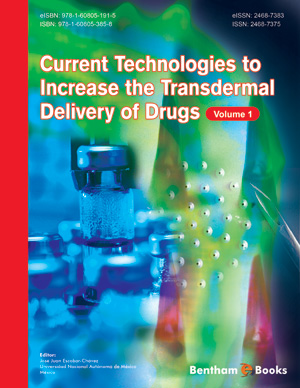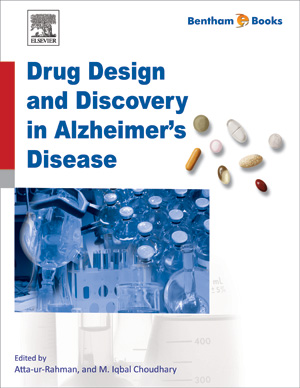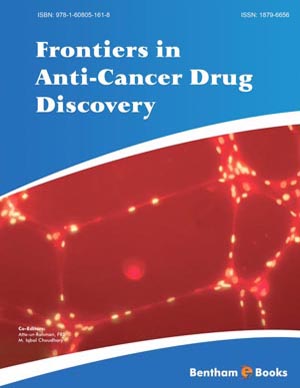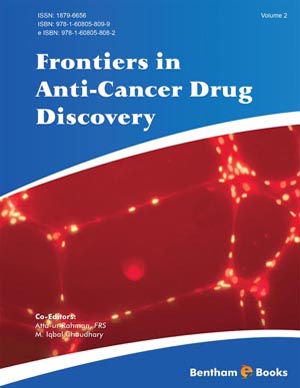Abstract
The process involving new blood vessel sprouting from already existing ones is regulated by a physiological complex mechanism, known as angiogenesis. It plays a key role in wound healing but is also present in pathophysiological conditions such as cancer and cardiovascular disease, which have the highest rates of morbidity and mortality worldwide. It is stimulated mechanically or chemically, with the latter involving several signaling pathways and proteins widely known as growth factors. Anti-angiogenesis has always been an appealing target for cardiovascular related diseases, such as atherosclerosis, with its role still eluding our grasp. In this chapter we focus on the latest trends in antiangiogenic therapy and drug discovery as well as highlight the distinct pathways underlying it. Therapies can range from use of peptides, proteins as well as well-defined chemically synthesized molecules. Latest trends involve gene therapy related approaches, with delivery of anti-angiogenic factors to target areas. Furthermore, toxicity issues arising from the use of anti-angiogenic drugs are discussed and highlighted as many of the drugs employed can cause serious side effects, while others may not achieve maximum therapeutic effect. Anti-angiogenic therapy is a very dynamic field and will continue to evolve and improve in the future. A very interesting addition to the anti-angiogenesis drug arsenal can be achieved with the aim of nanotechnology, a novel but promising scientific field. It is certain that in the future new, more potent drugs will be discovered, posing greater therapeutic potential and lower side effects, providing a much needed boost in this continuously evolving scientific field.
Keywords: Angiogenesis, anti-angiogenic drugs, atherosclerosis, cardiovascular disease, endothelial cells, fibroblast growth factor, gene therapy, hypoxia-inducible factor, interleukins, liposomes, macrophages, matrix metalloproteinases, microRNAs, nanomedicine, nicotinamide adenine dinucleotide phosphate-oxidase, polyphenols, reactive oxygen species, statins, transforming growth factor-beta, vascular endothelial growth factor, vascular smooth muscle cells.






















